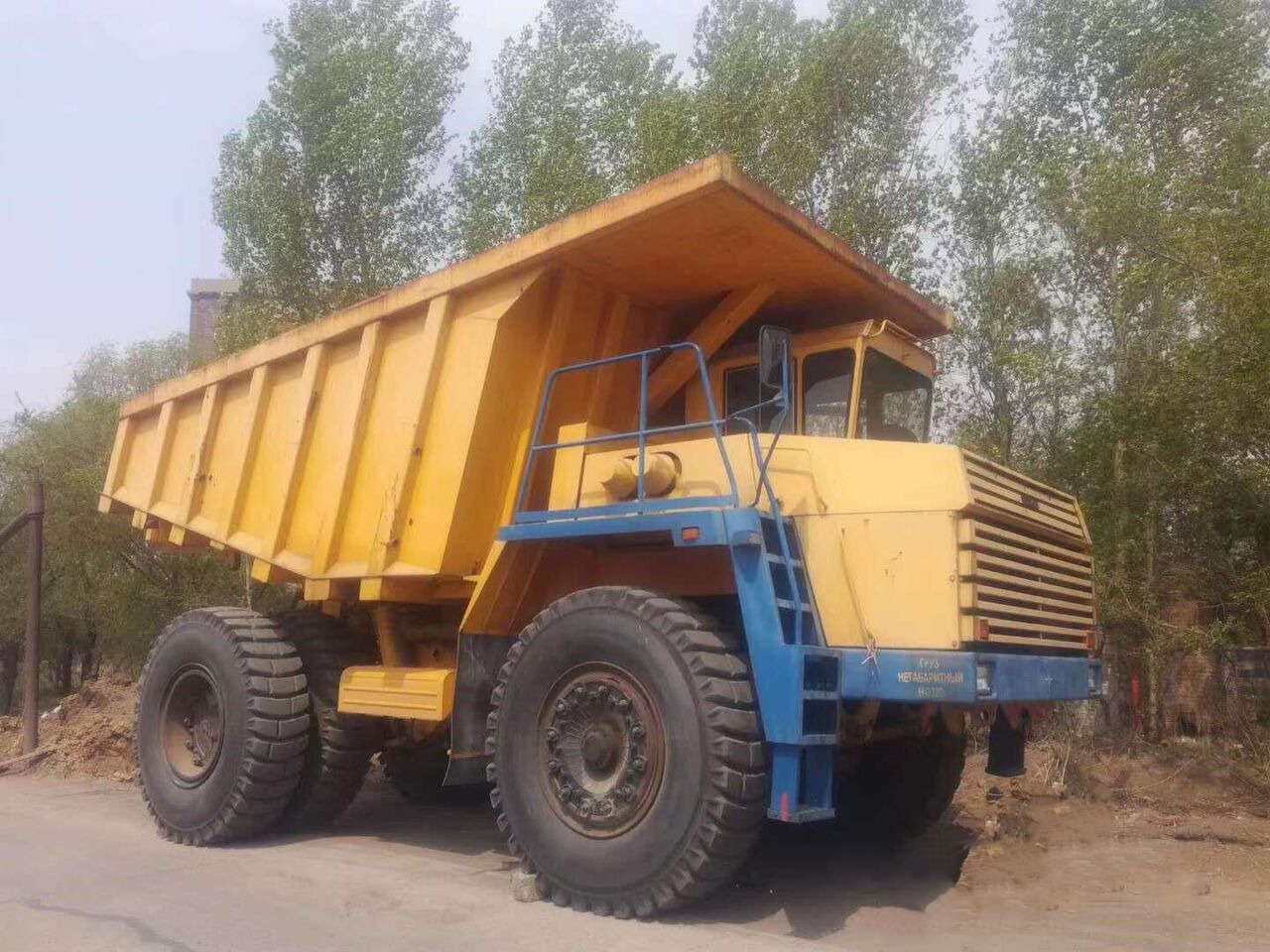What Is a Tire Pressure Monitoring System (TPMS)?
A Tire Pressure Monitoring System (TPMS) is a technology that continuously measures the pressure and temperature of tires and provides real-time feedback to drivers or fleet managers. With constant access to this data, operators can make informed decisions to improve vehicle safety, efficiency, and maintenance scheduling.
Why Industrial Vehicles Need a TPMS – Top Reasons to Invest
1. Safety First
TPMS offers real-time alerts for abnormal tire pressure or temperature, helping prevent accidents, blowouts, and damage due to over- or under-inflated tires. For optimal safety, the TPMS must be both accurate and dependable—especially in remote or extreme operating environments where consistent signal transmission is critical.
2. Reduced Operational Costs
Maintaining correct tire pressure extends tire lifespan and boosts fuel efficiency. A reliable TPMS helps optimize tire performance, reducing replacement frequency and lowering fuel expenses. These savings can have a direct impact on your bottom line.
3. Minimized Downtime
Unexpected tire failures lead to costly and disruptive downtime. With TPMS, you can identify and resolve potential tire issues before they become serious problems—enabling proactive maintenance and keeping your fleet running smoothly.
4. Sustainability
TPMS promotes sustainable operations by ensuring tires operate within optimal parameters. This facilitates timely tire re-treading and extends tire life. These benefits not only cut waste but also support your company’s environmental and carbon-saving initiatives—goals that are difficult to achieve without a credible, data-driven system.
5. Improved Operational Efficiency
By delivering real-time data, TPMS enhances fleet management. It enables better planning, monitoring of tire health, and analysis of performance trends. A system with comprehensive logging and reporting capabilities allows managers to schedule maintenance more efficiently, leading to smoother operations and increased productivity.
6. Enhanced Operator Confidence
When drivers have access to timely warnings and alerts, they feel more secure and focused. TPMS boosts confidence on the job, which can lead to better performance and greater satisfaction. Reliability is key—an established system with a proven track record will inspire trust among operators.
7. Regulatory Compliance
In many sectors, tire pressure monitoring is not just best practice—it’s a legal requirement. Investing in TPMS ensures compliance with industry standards, helping you avoid penalties, legal issues, and reputational damage. Your chosen system should meet both the technical and environmental demands of your industry.
8. Time Savings
Manual tire checks across an entire fleet are time-consuming and prone to human error. TPMS automates this process, providing accurate readings around the clock. This not only saves time but also ensures tire issues are identified between routine checks.
The Value of Tire Data
Quality tire data is a valuable asset. With the right TPMS, this data can be used to:
- Train operators on tire maintenance
- Improve driving habits
- Identify stress factors affecting tires
- Provide documentation for warranty claims
- Understand why tires may be operating outside of safe parameters
Easy Installation and Setup
NTMS TPMS systems are designed for quick and straightforward installation. With our free mobile app, setup is streamlined, and communication from each sensor can be tested and optimized on-site—ensuring full functionality from day one.
The Benefits of TPMS for Your Fleet
Investing in TPMS for industrial and Off-The-Road (OTR) vehicles brings a host of measurable benefits, including:
- Increased safety
- Reduced operational costs
- Less unplanned downtime
- Improved compliance
- Enhanced efficiency
- Greater sustainability
- Higher operator satisfaction
Make the Smart Investment
In summary, a high-quality TPMS is an essential tool for any operation that depends on industrial or OTR vehicles. Be sure to choose a provider with a strong track record in harsh environments—extreme temperatures, heavy vibration, and rugged terrain. Your system should offer accurate, consistent data logging to help you plan maintenance and avoid costly surprises.
For the best return on investment, opt for an independent TPMS provider that supports all tire brands, sizes, and vehicle types. Some systems are limited to specific manufacturers, which can be a costly restriction if your fleet uses a variety of tire brands.

